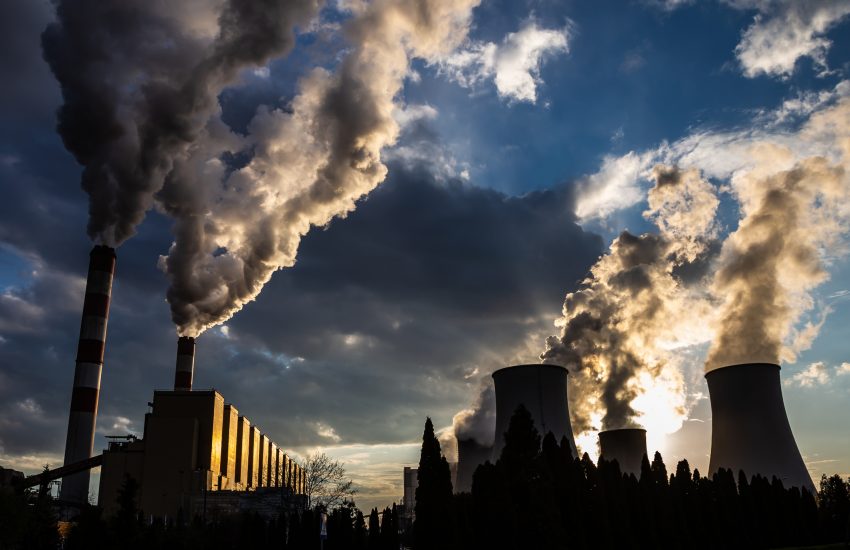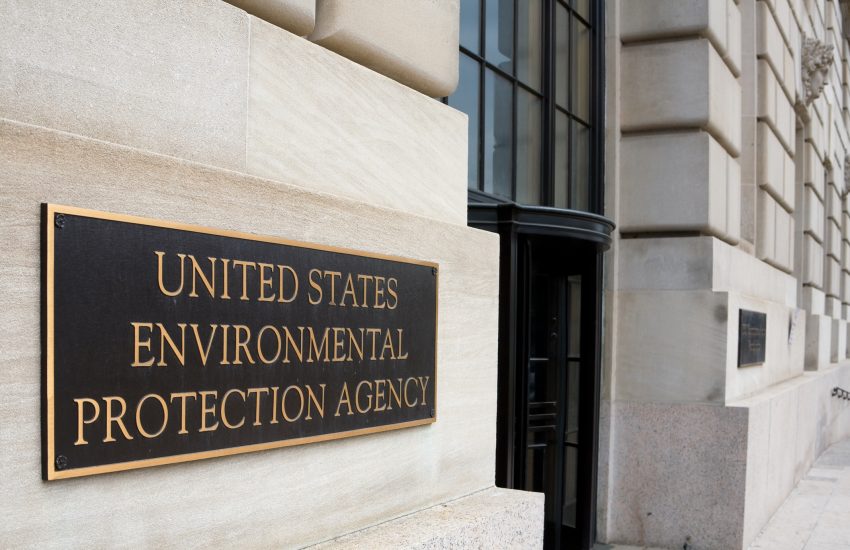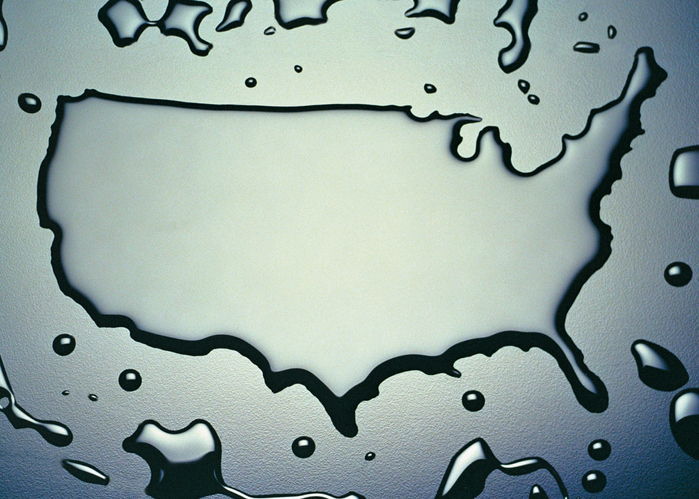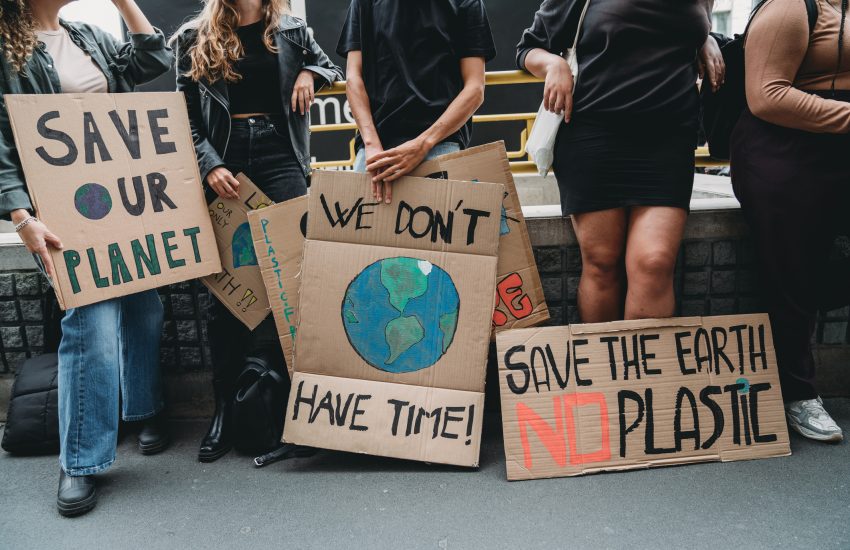The Consumer Product Safety Commission (CPSC) recently published a request for information (RFI) on per- and polyfluoroalkyl substances (PFAS) “used in commerce or potentially used in consumer products,” and as directed toward information on “potential exposures associated with the use of PFAS in consumer products, and potential human health effects associated with exposures to PFAS from their use in consumer products.”
This RFI concerns “consumer products” which includes products used in, or around, the home or school that are subject to CPSC jurisdiction under the Consumer …
Continue Reading









